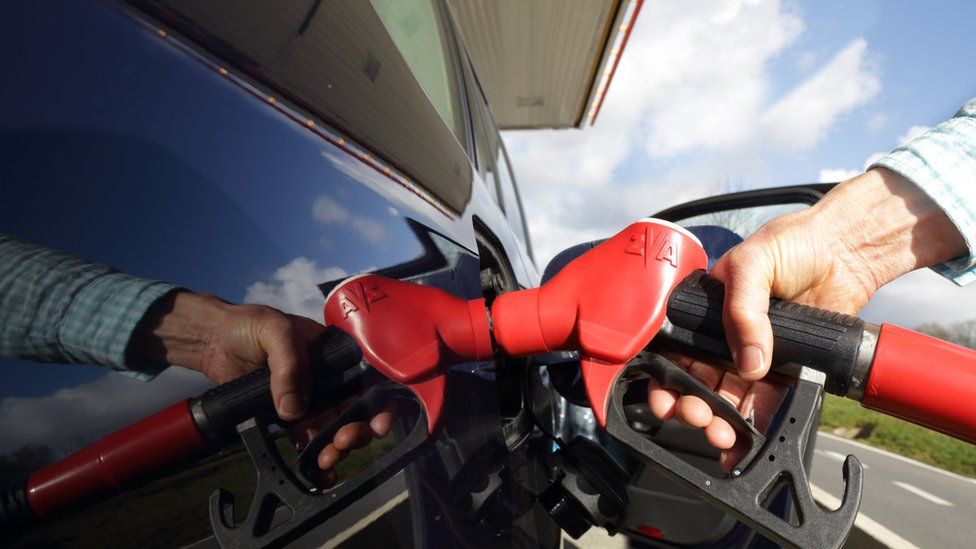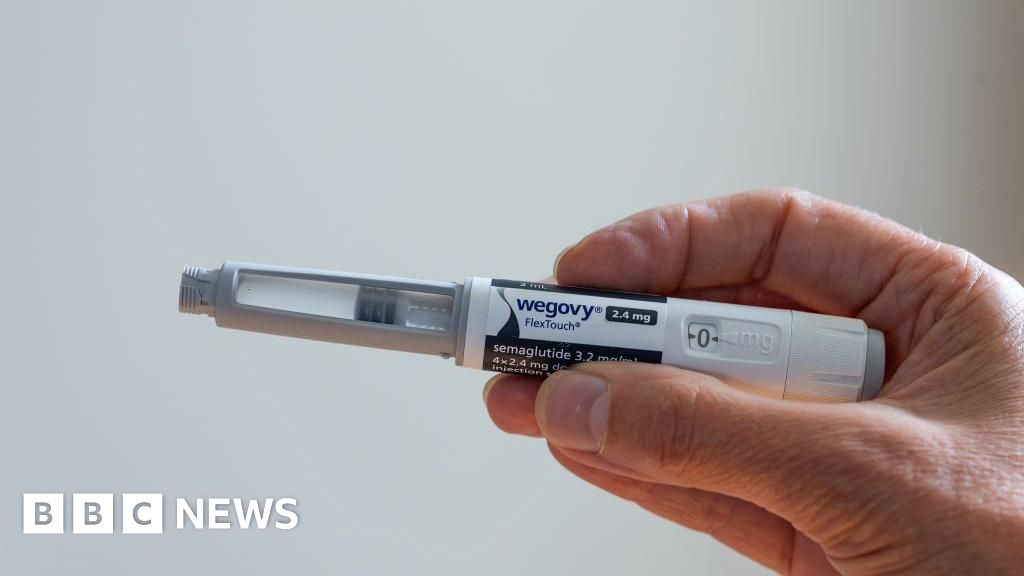ARTICLE AD BOX
 Image source, Getty Images
Image source, Getty Images
People in rural areas in the UK are paying more for fuel compared to those in towns, adding to cost of living pressures, a competition watchdog has said.
Fuel is on average 1.2p per litre more expensive in rural places, the Competition and Markets Authority said.
In addition, the CMA said it had found some evidence of "rocket and feather" pricing in 2022.
This is when fuel prices rise quickly but fall slowly.
Rural premium
Rural fuel prices are consistently higher than urban prices, the CMA said in a report.
The differences in fuel prices need further investigation, it said.
"There are significant differences in price between many rural and urban areas," it said.
People living in rural areas tend to be much more reliant on cars than people living in towns.
They pay, on average, more for petrol and diesel than people living in urban areas.
Depending on where people buy fuel, there could be about a 4p per litre difference in cost between local petrol stations, in both towns and the countryside.
In general, the highest priced forecourts have fewer competitors, raising some competition concerns.
However, rural petrol stations face higher costs due to selling less fuel than urban forecourts and higher transportation costs.
Also, the higher prices may allow rural petrol stations to stay afloat in sparsely populated areas - if they closed, that would be a concern to local drivers, the CMA added.
While rural prices are higher than urban prices, prices at motorway service stations are much higher than both.
'Rocket and feather'
The watchdog is also concerned about fuel prices rising rapidly when wholesale costs go up, but falling much more slowly than those costs when they go back down again.
It found evidence of this practice across all retailers in 2022, and in particular for diesel prices, and some evidence that this drove greater profits.
However, it said it needed to investigate this more thoroughly to say with certainty whether this happened.
The price of fuel has jumped due to factors including Russia's invasion of Ukraine, which has pushed up the price of diesel more. Most diesel in north-west Europe has historically come from Russia.
Refineries have been charging more for wholesale fuel relative to the cost of crude oil, and the pound has been weaker against the dollar, which has also pushed up prices.
Crude oil is priced in dollars, so a weaker pound makes it relatively more expensive to buy in the UK.

 2 years ago
34
2 years ago
34








 English (US) ·
English (US) ·